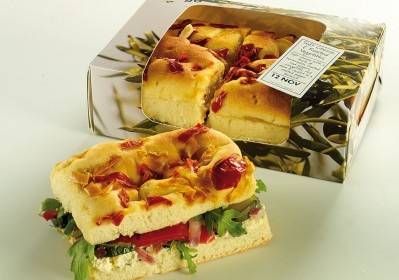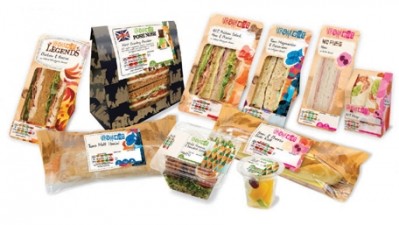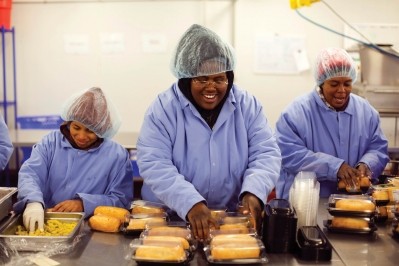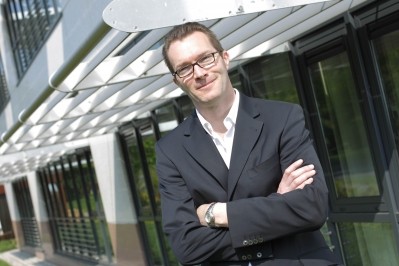Greencore: US trend holds huge UK potential
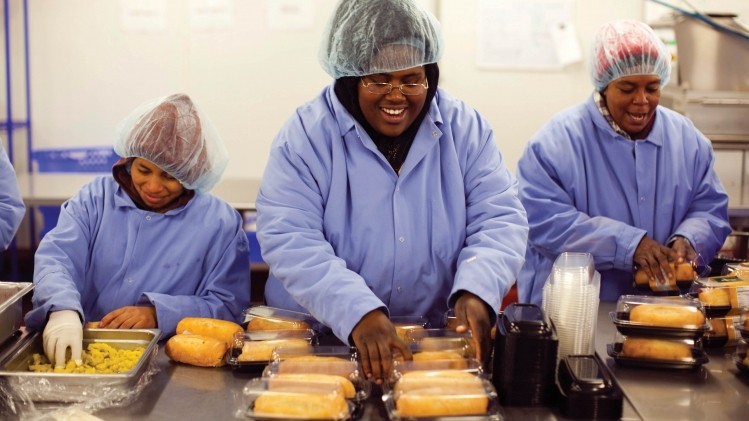
Asked if there could be any cross-over between its US development work and its UK offering, chief financial officer Alan Williams told FoodManufacture.co.uk: “I do think there’s a real opportunity for hot [in the UK] if we can work out with the big grocery chains how we can deliver hot in store.
“I think there’s a massive opportunity for UK grocery retail there.”
NPD hub
Williams said Greencore’s West Coast facility in Washington state in the US, construction of which it announced today (November 25) alongside annual results, would be an important new product development (NPD) hub.
“That new facility will do two things: it will be a production site, but it will also be an NPD centre used to develop product for the US market and, in time, markets beyond the US,” he said.
US and UK food-to-go offerings were noticeably divergent, and hot food-to-go was one example of this. “There are some significant differences,” said Williams. “First of all, there would be more protein filling in the average US sandwich than in a UK sandwich.
‘Most significant difference’
“But the most significant difference is there are a lot more products served hot than we would see in UK retail. With a few exceptions, if you go into the average UK large grocery retail chain today, they don’t really have much of a hot offering.
“In the US, a significant number of convenience stores would have a hot offering. Chilled would be more unusual than a hot offer, so Starbucks would serve a hot offer at breakfast and lunchtime, with tailored sandwich-type products only designed for hot eating.”
Williams added that the Washington plant was a vital pillar in Greencore’s strategy to develop production units that would be able to serve the whole of the US.
“We are gradually moving out from what was a regional, predominantly East Coast, business to a national footprint. We are … acquiring an existing supply agreement, which we will take on from the second half of 2015, when we have built the new facility.”
Cut costs
Meantime, Greencore would continue building a £20M sandwich facility at Quonset, on Rhode Island, which would absorb the production from two smaller leased units in Massachusetts, which it was exiting, he said. This would cut costs for the business and shift processing closer to New York, he claimed.
Greencore’s other US facilities include frozen food manufacturer Lettieris, which it bought in February, and a frozen food factory at Jacksonville, in Florida.
Referring to work on upgrading an existing plant at Northampton, Williams said: “We brought some new products into that facility in early September.”
Regarding separate work on a new factory build on adjacent land, he added: “We have put in the planning application and have started the demolition of the existing building. That construction project will take just over 12 months and we are currently on track for this. We should be producing from that facility in late spring 2016.
“The food-to-go market is growing at 15%. That has soaked up some of our surplus capacity, so we are looking at ways of extending existing capacity.”
Greencore reported adjusted pre-tax profit up 15.5% in the year to September 26, from £59.5M to £68.7M. Group revenue increased by 6.4%, from £1.2bn to £1.3bn.
Greencore boss Patrick Coveney was named food industry Personality of the Year at Food Manufacture Group’s Food Manufacturing Excellence Awards 2014 at the Hilton Hotel, Park Lane, London on November 20.
